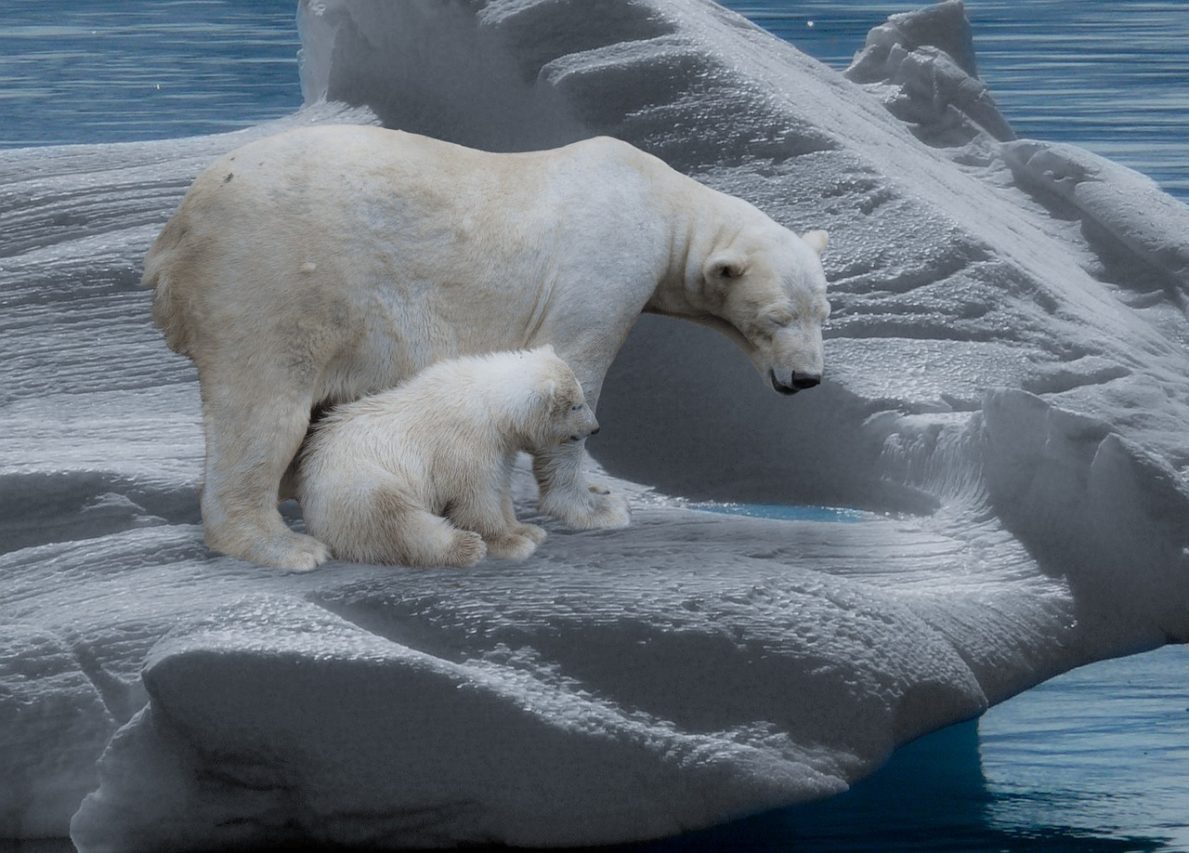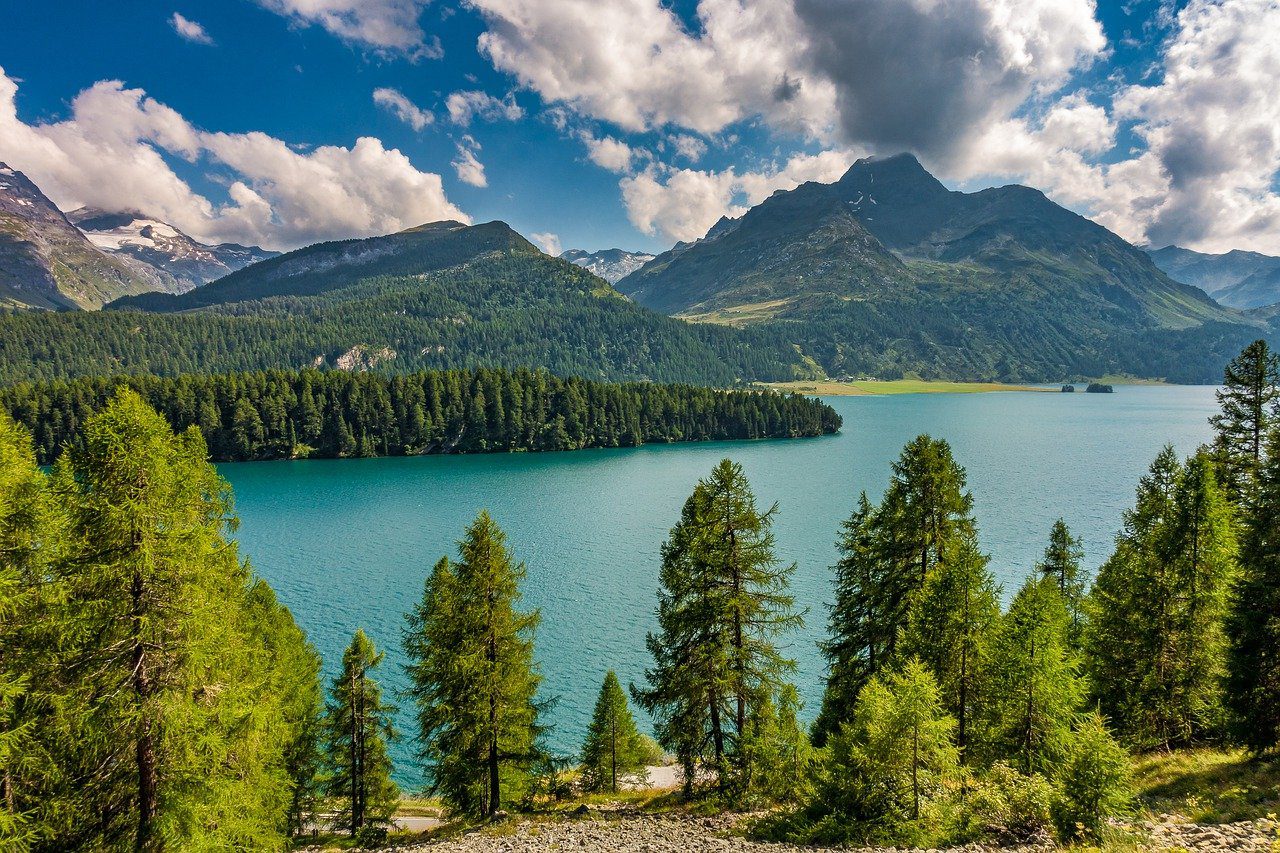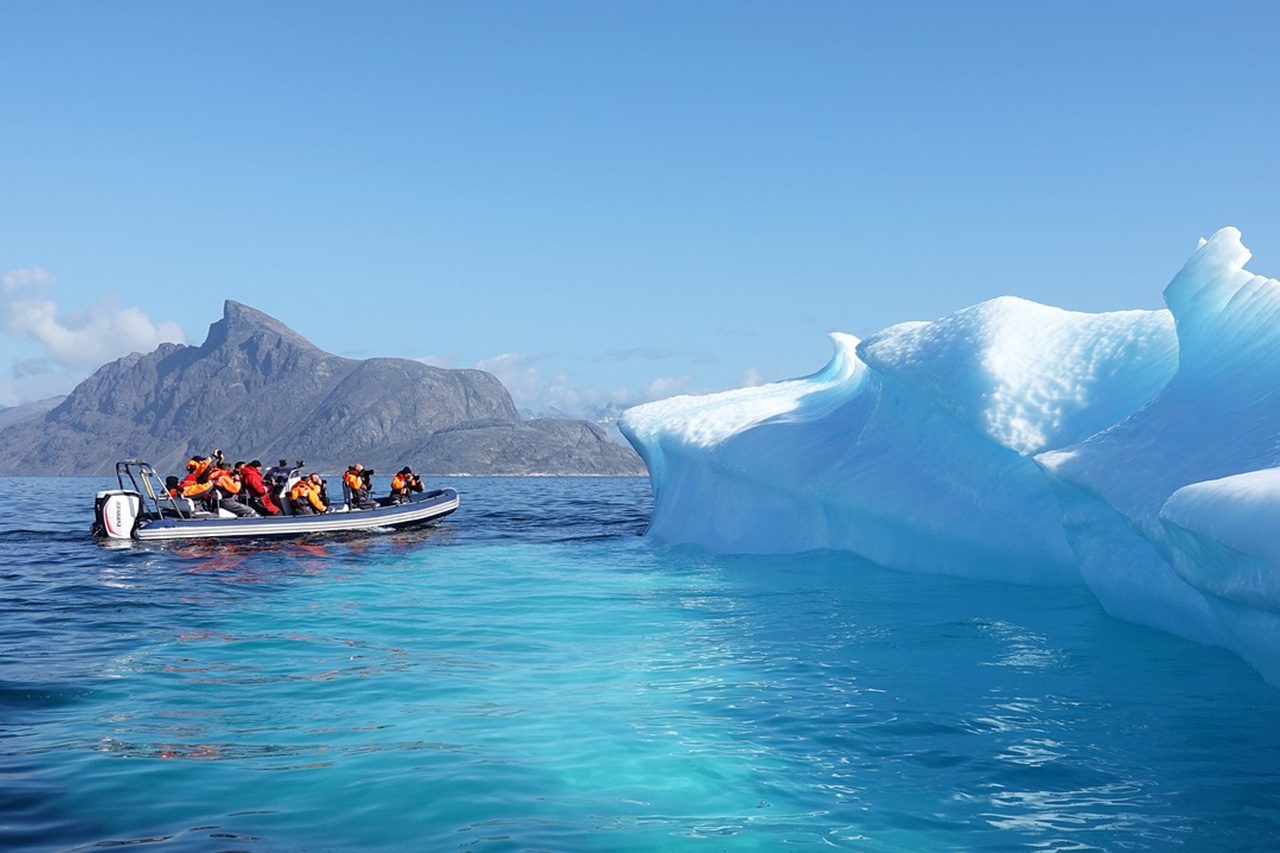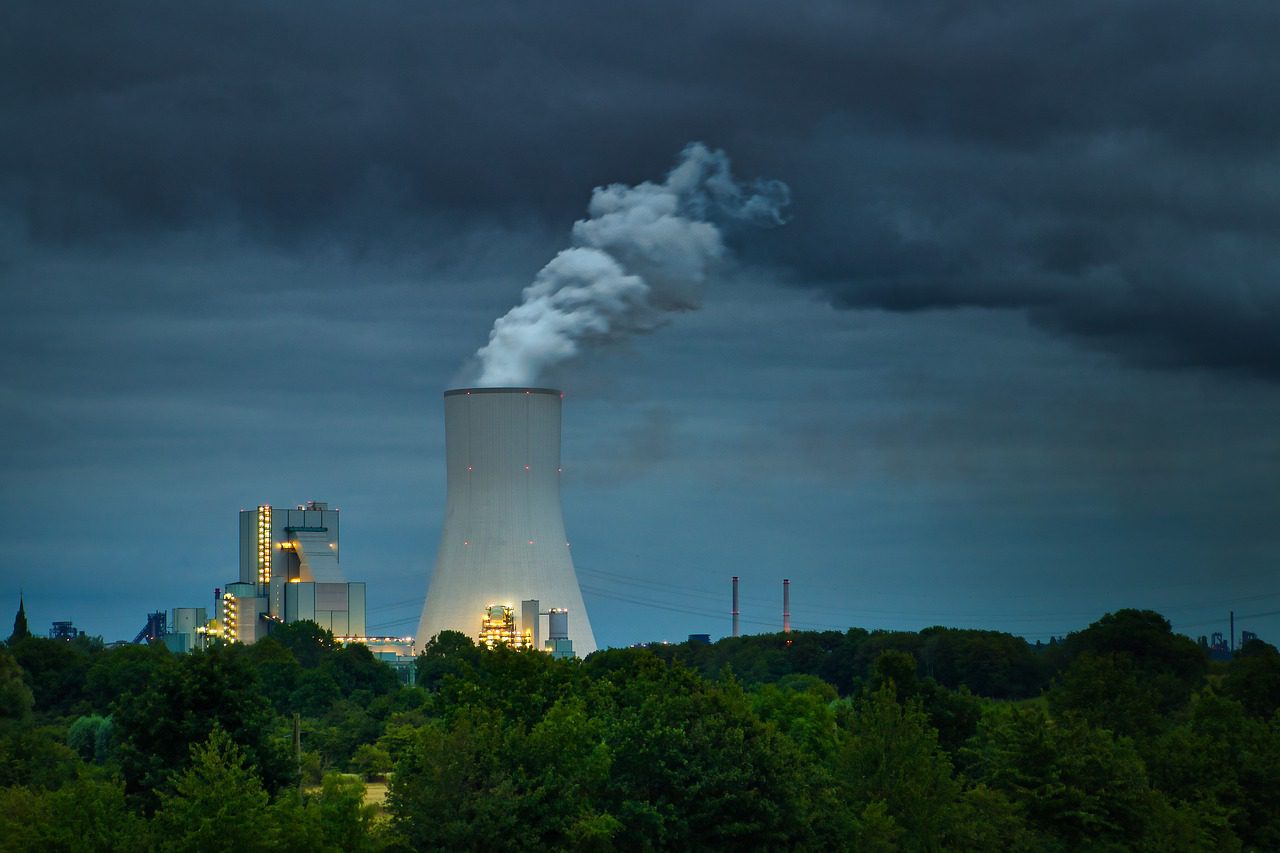There’s a new meme on Facebook called the 10-year challenge.
You share and compare a pic of yourself from 10 years ago with today as some sort of aging exercise I guess, although the skeptics think it might be data mining by our social media giants — a cheap way to refine facial recognition technology.
Anyway, the one that got me was the two images taken 10 years apart of glaciers, showing just how much they had shrunk over that time, posted by people who care about climate change hijacking the initial concept.
I’ve been writing about climate change in this column for a long time and things are starting to change.
I don’t usually bother referencing the Inter-Governmental Panel on Climate Change (IPCC) — I think the consensus is in, people believe the science.
Well, maybe not the West Coast Regional Council which has, apparently, asked for simpler and more certain advice and, until they receive it, are not in favor of the Government’s Zero Carbon Bill.
Seems somewhat ironic that the council’s position is in the news during record high temperatures across Australia (49.5C in Port Augusta, South Australia, this week), and we’ve been impacted with our own, albeit more moderate, heatwaves in New Zealand thanks to our proximity to the lucky country.
It’s not only record highs our planet is facing.
This week Chicago has suffered from record lows, hitting -27C thanks to the polar vortex being further south than usual. This phenomenon has been caused by the jet stream, which normally separates these conditions, being pushed into the Arctic by warm weather patterns, displacing the polar vortex.
So, yes, while these are all isolated examples of weather, collectively they may be evidence of what happens in a warming climate — more devastating extremes on top of an increased average base, with the sea level rise that comes with it.
It’s pretty obvious these sorts of temperatures wreak havoc on vulnerable people — the elderly, pregnant women, the homeless, babies and young children, those with debilitating conditions.
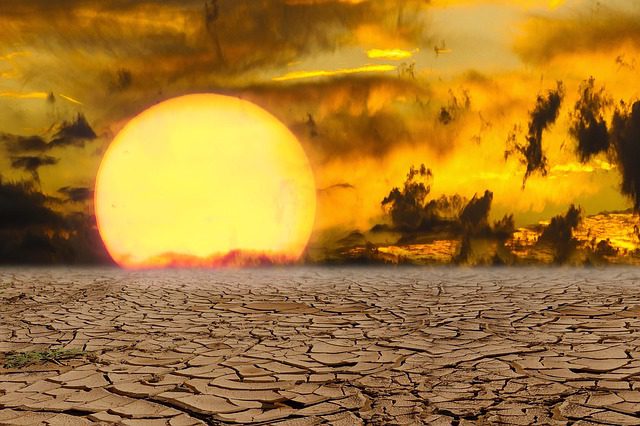
The extended heatwave period makes it incredibly stressful on the human body and hard to recover without access to air conditioning or water to cool down. And not only humans, our animals too are suffering — livestock, native creatures, even our beloved pets.
A further challenge exists in the pressure that our electricity systems face in these conditions. In Australia in recent summers, the grid has blacked out due to the increased demand, combined with the capacity of the transmission wires reducing in heat — and, of course, the price soars. It’s a triple whammy.
I was shocked to discover how much coal is being burned at Huntly power station to meet this week’s demand.
While there might be challenges in creating more hydro, solar, and wind power in New Zealand, it’s a no-brainer that we need to get out of coal.
We might not suit solar as well as Australia does, but it should definitely be in the mix, particularly for households — if we can get the payback into the grid sorted across our multitude of electricity providers.
So what do we do? We can’t bury our heads in the sand anymore. It’s too hot.
The everyday pressure we face to take individual action doesn’t necessarily drive the results that systemic change does, plus it can have an unintended consequence of driving complacency.
Once you have your reusable coffee cup, are you doing your bit? What if you ride your bike more? Eat less meat? Purchase an electric car? If we break down the changes to individual choices, we can lose sight of the big changes needed that will really make a difference.
However, here’s one suggestion that does a bit of both — switch power companies.
Change from the mainstream and seek out a New Zealand company that provides only renewable electricity.
I’m shifting to Powershop — apparently, it is recognized as cheaper as well, plus they offer a credit for new accounts so any fees associated with leaving your current provider are likely to be offset.
While our consumerism may be a negative contributor to climate change, perhaps we can redirect consumer behavior on a mass scale to drive the change needed to keep coal in the ground.
This article by Nicola Patrick has previously published on nzherald.co.nz
About the author:
Nicola Patrick is a Horizons regional councilor, works for Te Kaahui o Rauru, and leads the social enterprise hub, Thrive Whanganui. A mother of two boys, she has a science degree and is a Green Party member

